Revolutionary inventions that did more harm than good
Revolutionary inventions have always been a double-edged sword. While they propel society forward, they often come with unintended consequences. It’s fascinating to see how each breakthrough carries both promise and peril. From the automobile to artificial intelligence, every innovation seems to create a tug-of-war between benefits and drawbacks. In this article, we’ll explore some of these groundbreaking inventions and their complex impacts on our world.
The Dark Side of the Automobile: Traffic and Pollution

When automobiles first hit the road, they were hailed as marvels of modern engineering. However, fast forward to today, and traffic congestion has become a worldwide issue. In cities like Los Angeles, drivers spend an average of 102 hours a year stuck in traffic. Moreover, cars contribute significantly to air pollution, with transportation accounting for nearly 30% of global carbon emissions. The convenience of personal vehicles comes at an environmental and social cost.
The Internet: Information Overload and Privacy Concerns

The internet revolutionized access to information, but it also opened the floodgates to information overload. With 2.5 quintillion bytes of data created daily, it’s easy to feel overwhelmed. Furthermore, privacy concerns loom large as personal data becomes a hot commodity. According to Pew Research, 79% of Americans are concerned about how companies use their data. The internet’s vast potential is tempered by these significant challenges.
Social Media Platforms: Connecting People or Spreading Misinformation?

Social media platforms like Facebook and Twitter have connected people in unprecedented ways. However, they’ve also become breeding grounds for misinformation. A study by MIT found that false news spreads six times faster than the truth on Twitter. This rapid dissemination of false information can have serious consequences, influencing elections and public opinion. While social media brings people together, it also poses risks to the truth.
Nuclear Energy: A Power Source with Catastrophic Potential
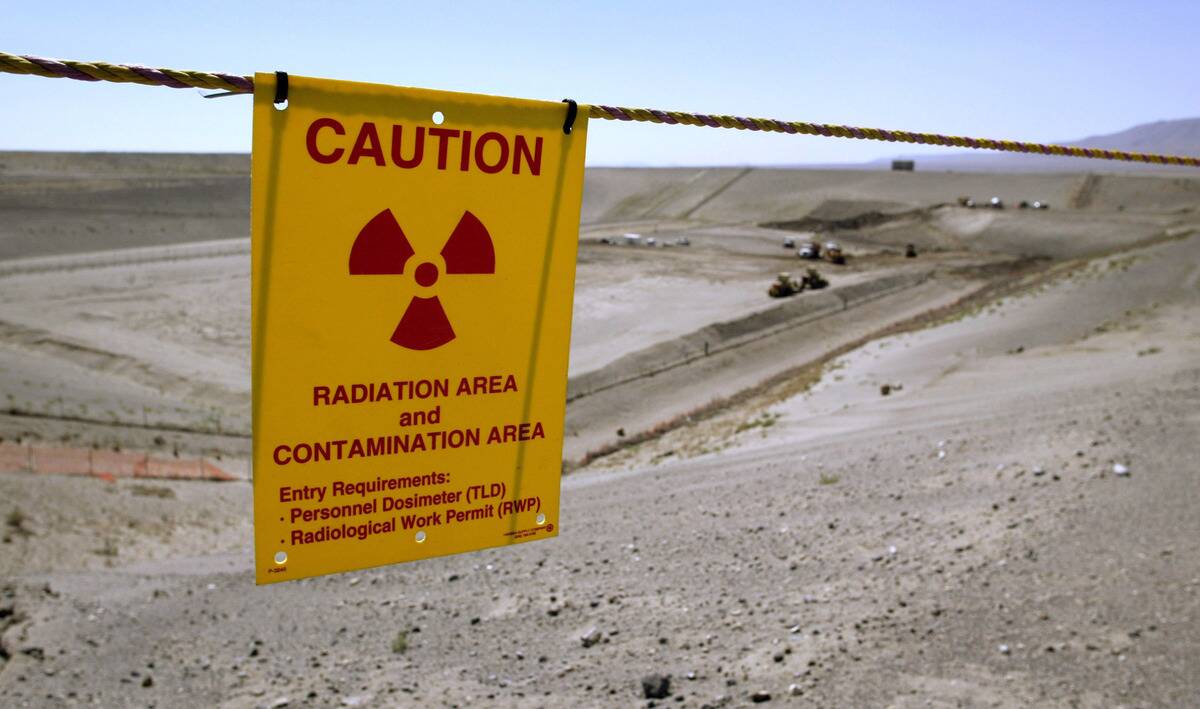
Nuclear energy provides a significant source of low-carbon electricity, with 10% of the world’s power sourced this way. Yet, the potential for catastrophic accidents, as seen in Chernobyl and Fukushima, remains a stark reminder of its dangers. The storage and disposal of nuclear waste also pose long-term environmental challenges. Despite its benefits, nuclear energy’s risks make it a contentious topic in the energy debate.
The Rise of Plastic: Convenience at the Cost of the Environment
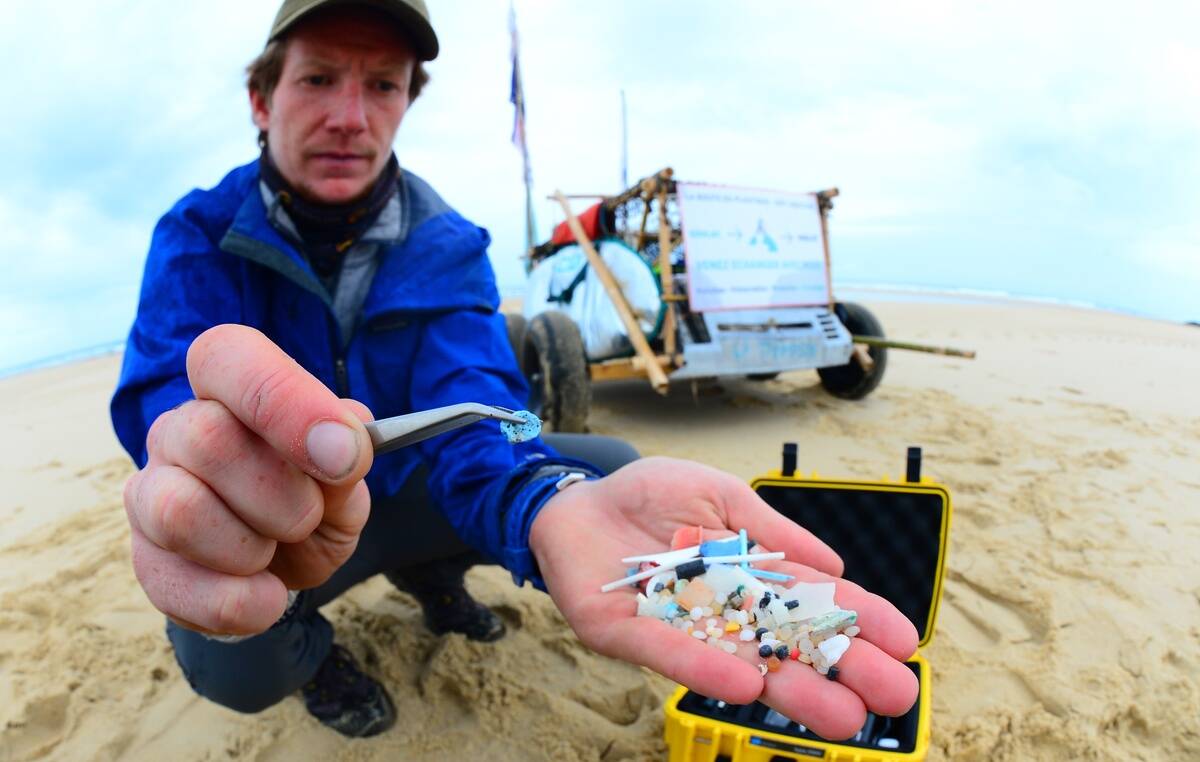
Plastic’s invention brought convenience to daily life, from packaging to medical devices. However, its environmental impact is undeniable, with over 8 million tons entering the ocean annually. This pollution threatens marine life and ecosystems. Additionally, plastics can take up to 1,000 years to decompose, leaving a lasting legacy of waste. The convenience of plastic clashes with its environmental toll, prompting calls for more sustainable solutions.
The Industrial Revolution: Technological Progress and Worker Exploitation
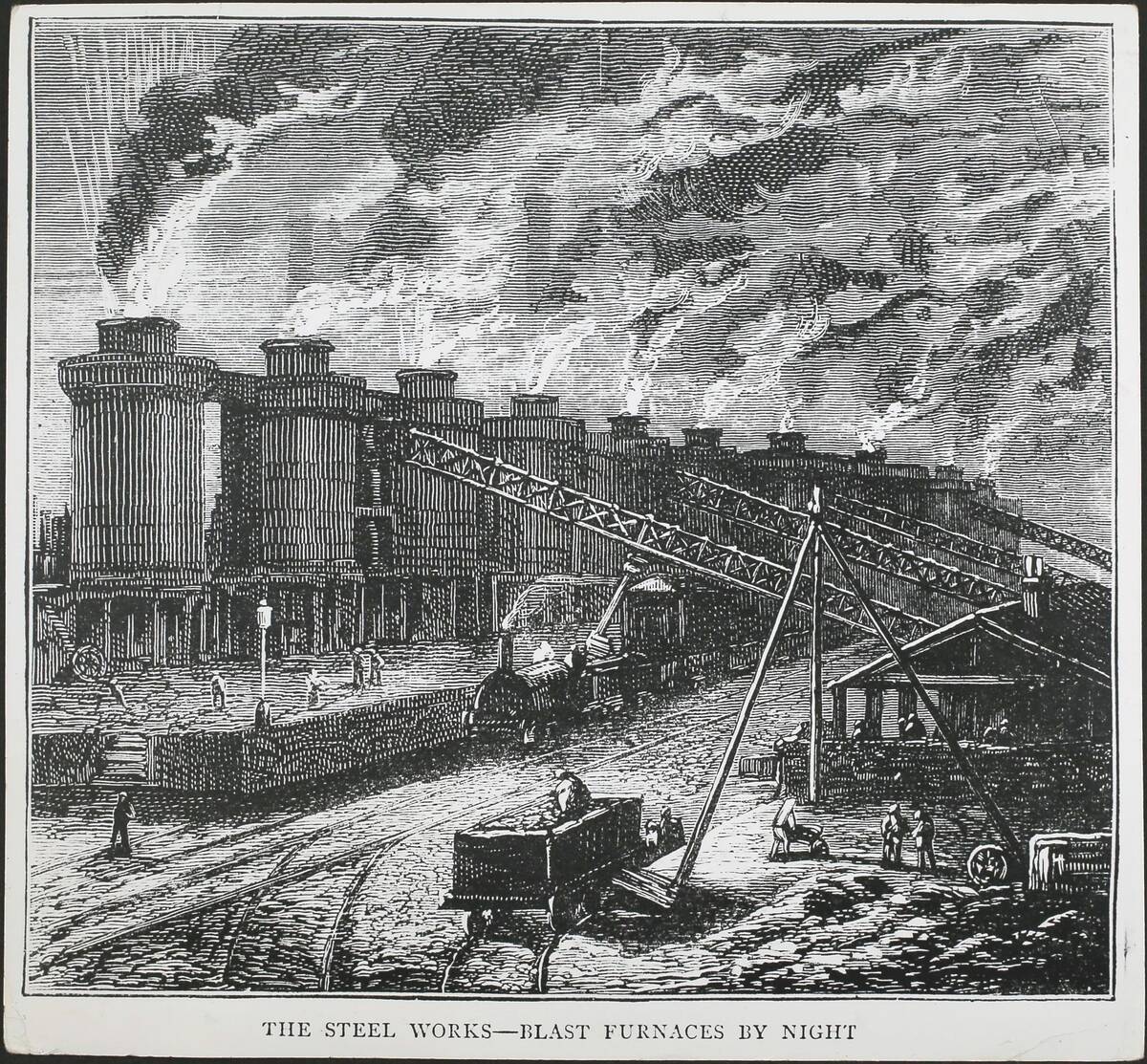
The Industrial Revolution marked a period of significant technological advancement, transforming agriculture, manufacturing, and transportation. However, it also led to poor working conditions, child labor, and exploitation. In the 19th century, factory workers often endured 14-hour days in hazardous environments. While this era spurred economic growth, it also highlighted the need for labor reforms and better working conditions.
Antibiotics: Miracle Medications Leading to Superbugs

Antibiotics revolutionized medicine, saving countless lives since their discovery. Yet, the overuse and misuse of these medications have led to the rise of antibiotic-resistant bacteria, or “superbugs.” According to the CDC, at least 2.8 million Americans contract an antibiotic-resistant infection annually. This growing threat challenges healthcare systems worldwide, illustrating the delicate balance between medical advancement and unintended consequences.
The Smartphone Era: Communication Advancement and Digital Addiction

Smartphones have transformed the way we communicate, offering instant access to information and connectivity. However, this convenience has led to digital addiction, with the average person checking their phone 262 times per day. Research indicates that excessive smartphone use can impact mental health, contributing to anxiety and depression. The smartphone era exemplifies the dual nature of technological progress, enhancing our lives while posing new challenges.
The Television: Entertainment versus Sedentary Lifestyle

Television has been a staple of entertainment for decades, offering a window to the world. Despite its benefits, it has also contributed to more sedentary lifestyles. On average, Americans watch over four hours of TV daily, which can lead to health issues like obesity and heart disease. While television provides enjoyment and education, it also encourages inactivity, highlighting the need for balance in consumption.
Fast Food Revolution: The Convenience-Health Trade-Off

Fast food brought a revolutionary level of convenience to dining, with chains like McDonald’s serving millions daily. However, this convenience often comes with a nutritional cost. Fast food is typically high in calories, fat, and sodium, contributing to health issues like obesity and heart disease. While it’s an easy dining option, the fast food revolution presents a significant health trade-off for consumers.
The Birth of the Personal Computer: Efficiency and Cybersecurity Threats
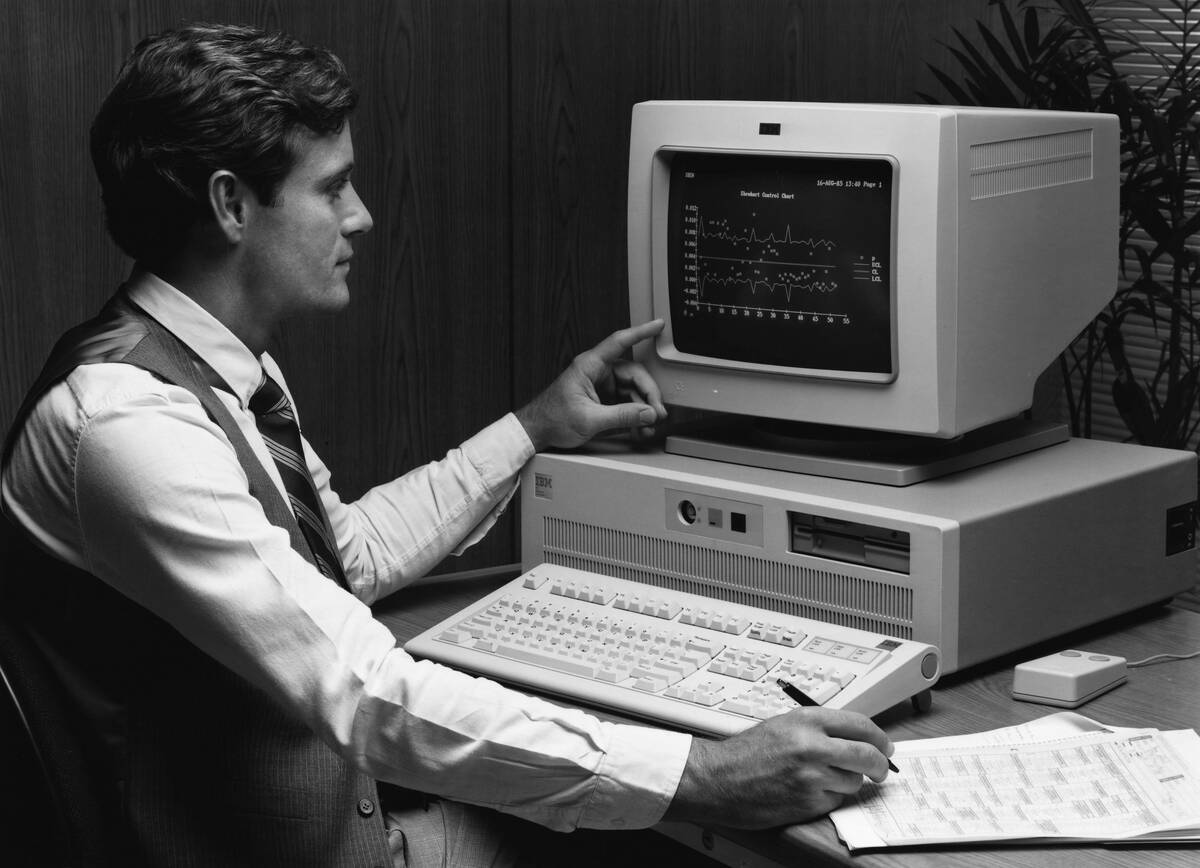
The personal computer revolutionized both work and leisure, boosting productivity and connectivity. Nevertheless, it also introduced new cybersecurity threats. Cyberattacks have become increasingly sophisticated, with damages predicted to cost the world $10.5 trillion annually by 2025. This underscores the importance of cybersecurity in the digital age, as personal computers continue to shape our daily lives.
Pesticides: Agricultural Boon or Environmental Bane?
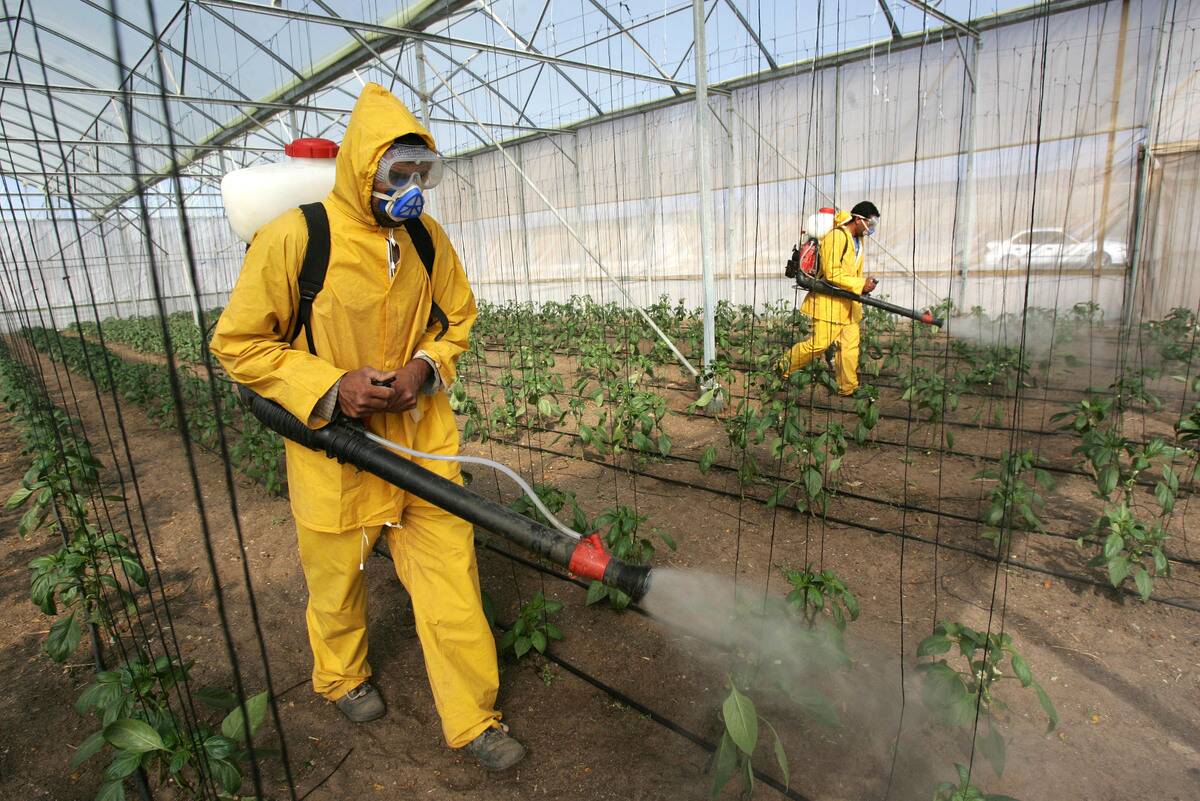
Pesticides have significantly increased agricultural yields, helping to feed the growing global population. However, their widespread use poses environmental risks, contaminating soil and water. Pesticide exposure can harm non-target species, including beneficial insects like bees. The debate over pesticides highlights the challenge of balancing agricultural productivity with environmental stewardship.
Genetically Modified Organisms: Feeding the World or Ecological Risks?
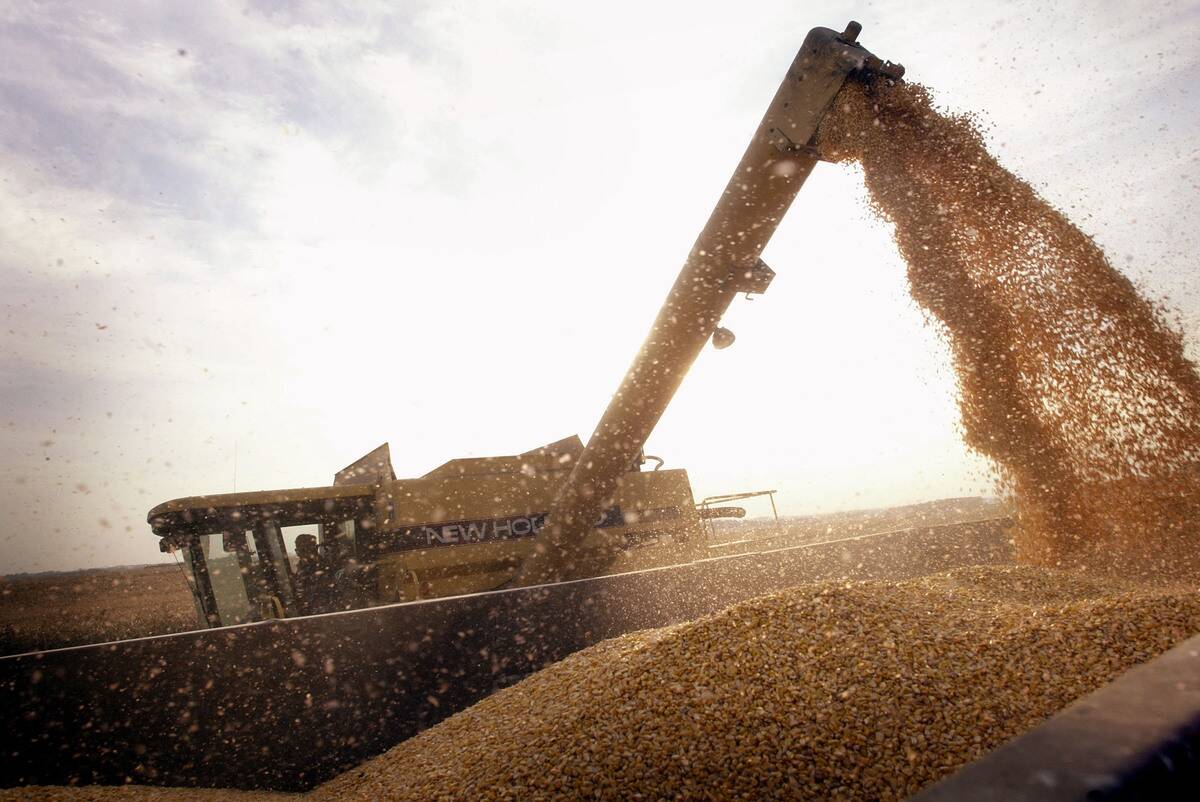
Genetically modified organisms (GMOs) offer a solution to food shortages by increasing crop yields and resistance to pests. Yet, they also raise ecological concerns, such as the potential for crossbreeding with wild species. Additionally, the long-term effects on biodiversity remain uncertain. As GMOs play a larger role in agriculture, their benefits must be weighed against potential ecological risks.
Artificial Intelligence: Transformative Tech with Ethical Dilemmas

Artificial intelligence (AI) is transforming industries, from healthcare to finance, with its ability to process data and learn from it. However, AI also raises ethical concerns, such as bias in algorithms and job displacement. The potential for AI to perform tasks traditionally done by humans poses significant societal challenges. As AI continues to evolve, finding ways to address these ethical dilemmas is crucial.
Drones: Unmanned Aerial Wonders and Privacy Invasion

Drones have revolutionized photography, delivery services, and even agriculture. Despite their advantages, drones also raise privacy concerns, as they can capture images and data without consent. The FAA reported over 1.7 million drone registrations in the U.S., highlighting their growing impact. As drones become more commonplace, balancing their benefits with privacy considerations is key.
The Advent of CRISPR: Gene Editing and Moral Quandaries
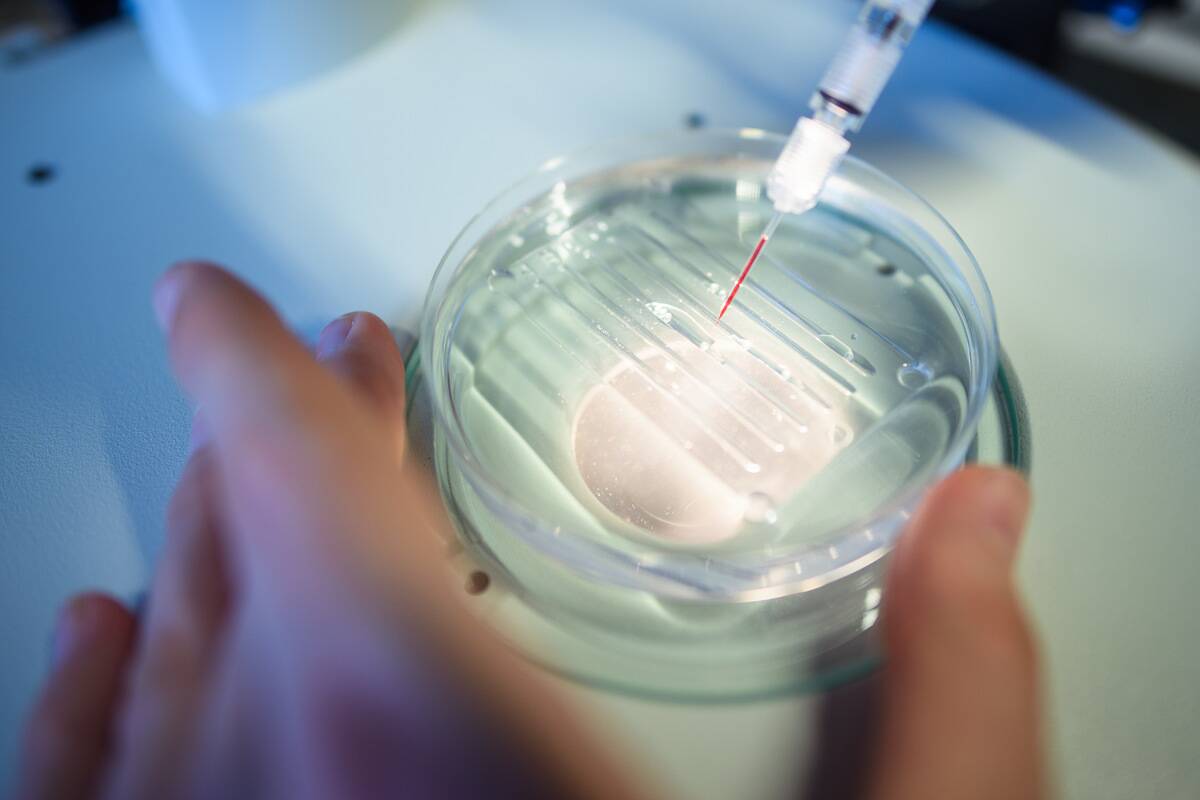
CRISPR technology offers groundbreaking potential in gene editing, from curing genetic diseases to enhancing crop resilience. However, it also presents moral and ethical dilemmas, such as the implications of editing human embryos. The debate over CRISPR reflects broader concerns about the power of genetic manipulation. As this technology advances, addressing these moral quandaries becomes increasingly important.
The Convenience of Online Shopping: Retail Apocalypse and Waste Generation

Online shopping has changed the retail landscape, providing unparalleled convenience. However, it has also contributed to the decline of physical stores, often referred to as the “retail apocalypse.” Additionally, the packaging waste generated by online orders raises environmental concerns. The rise of e-commerce highlights the need to balance consumer convenience with sustainable practices in the retail industry.



